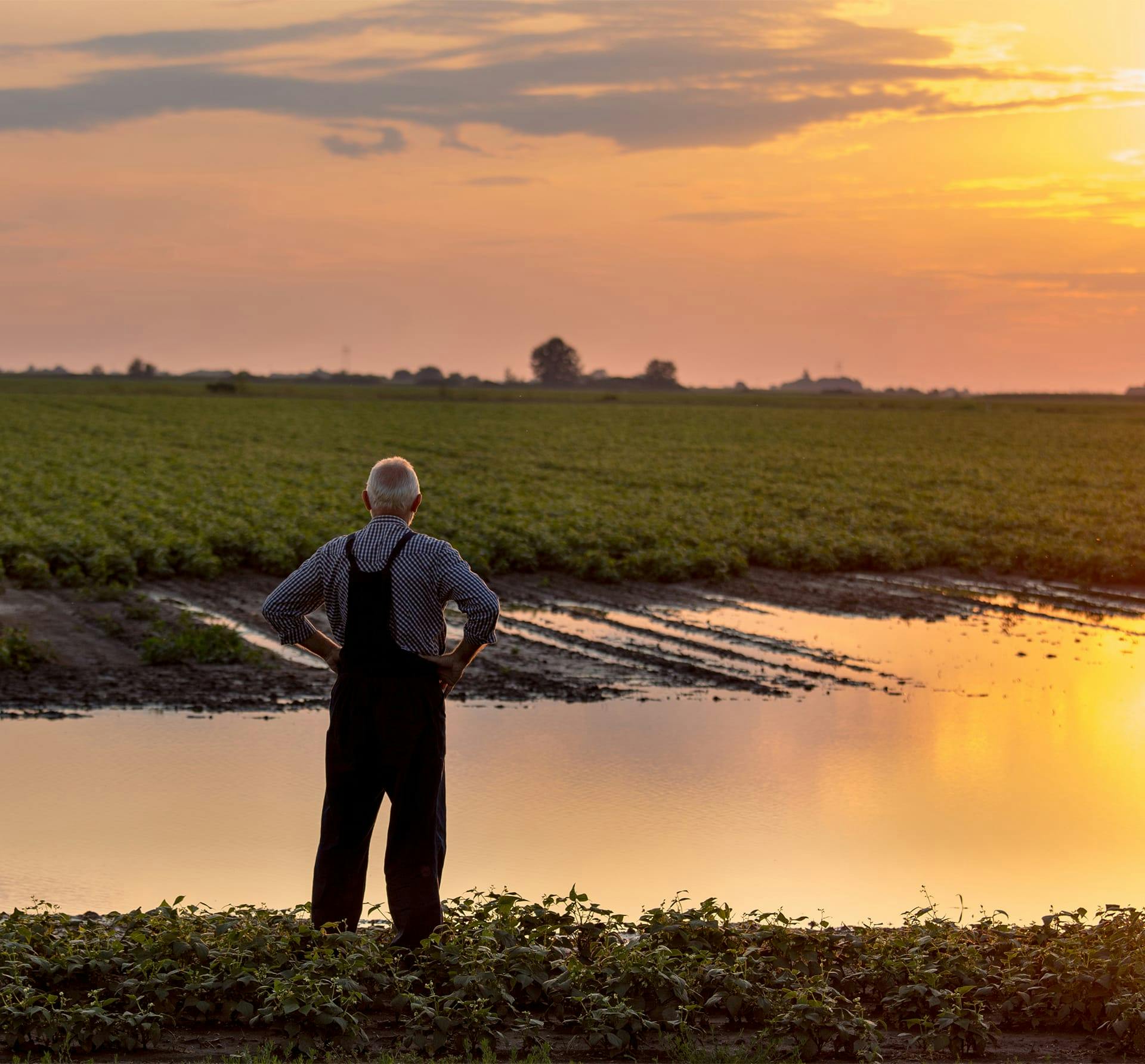The groundwater responsible for most of our drinking water is susceptible to pollutants and contamination. Although groundwater contamination can be prevented in almost all scenarios, the effects can be difficult to manage and reverse.
How Can a Little Rock Groundwater Contamination Lawyer Help Me with My Claim?
If your property has been contaminated by groundwater pollution, our Arkansas groundwater pollution attorneys are prepared to help you hold the negligent party accountable.
Groundwater contamination falls under environmental litigation. We have decades of experience representing victims of these types of cases and a comprehensive understanding of the complex web of environmental regulations and the evolving laws surrounding them.



